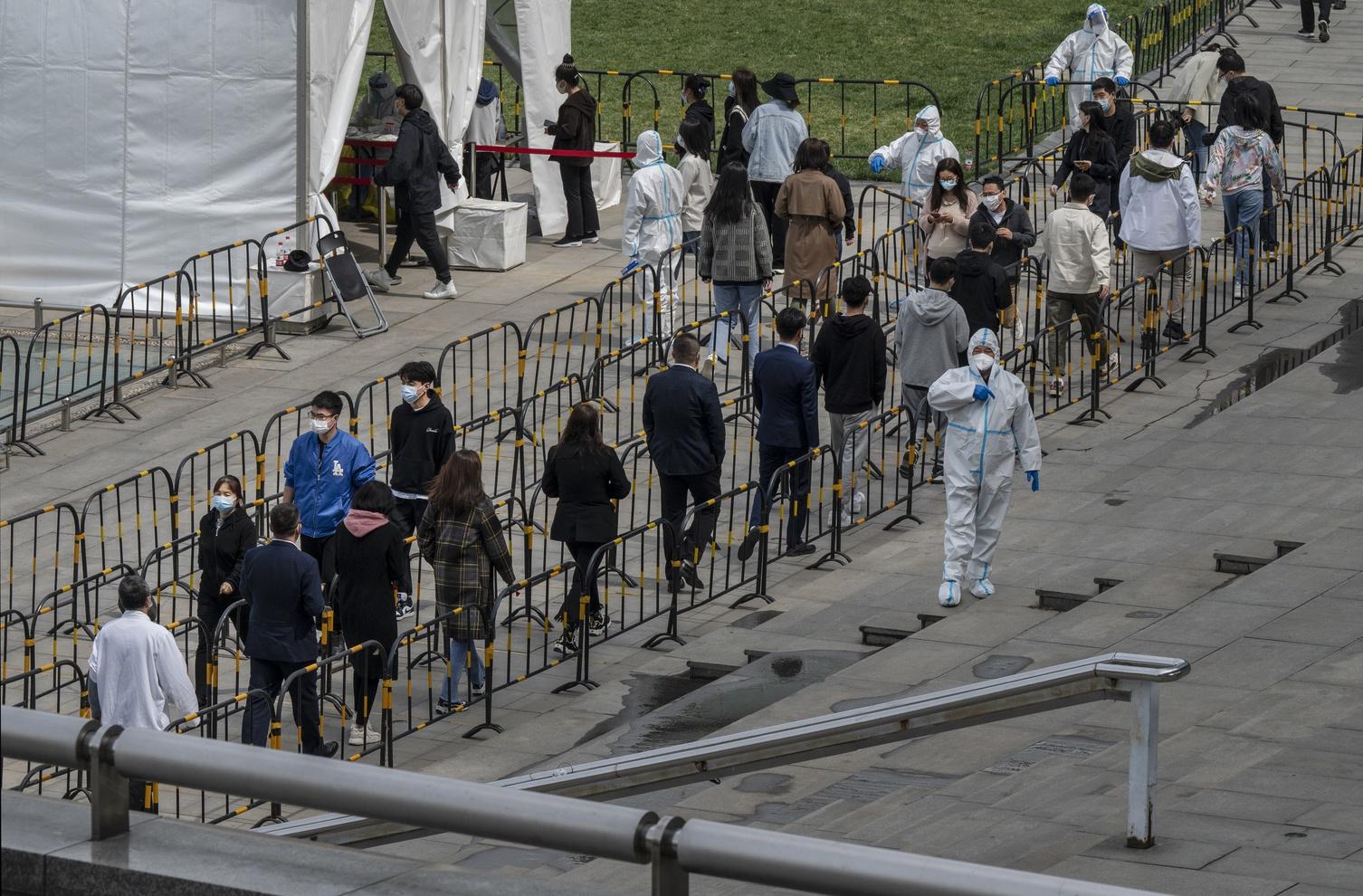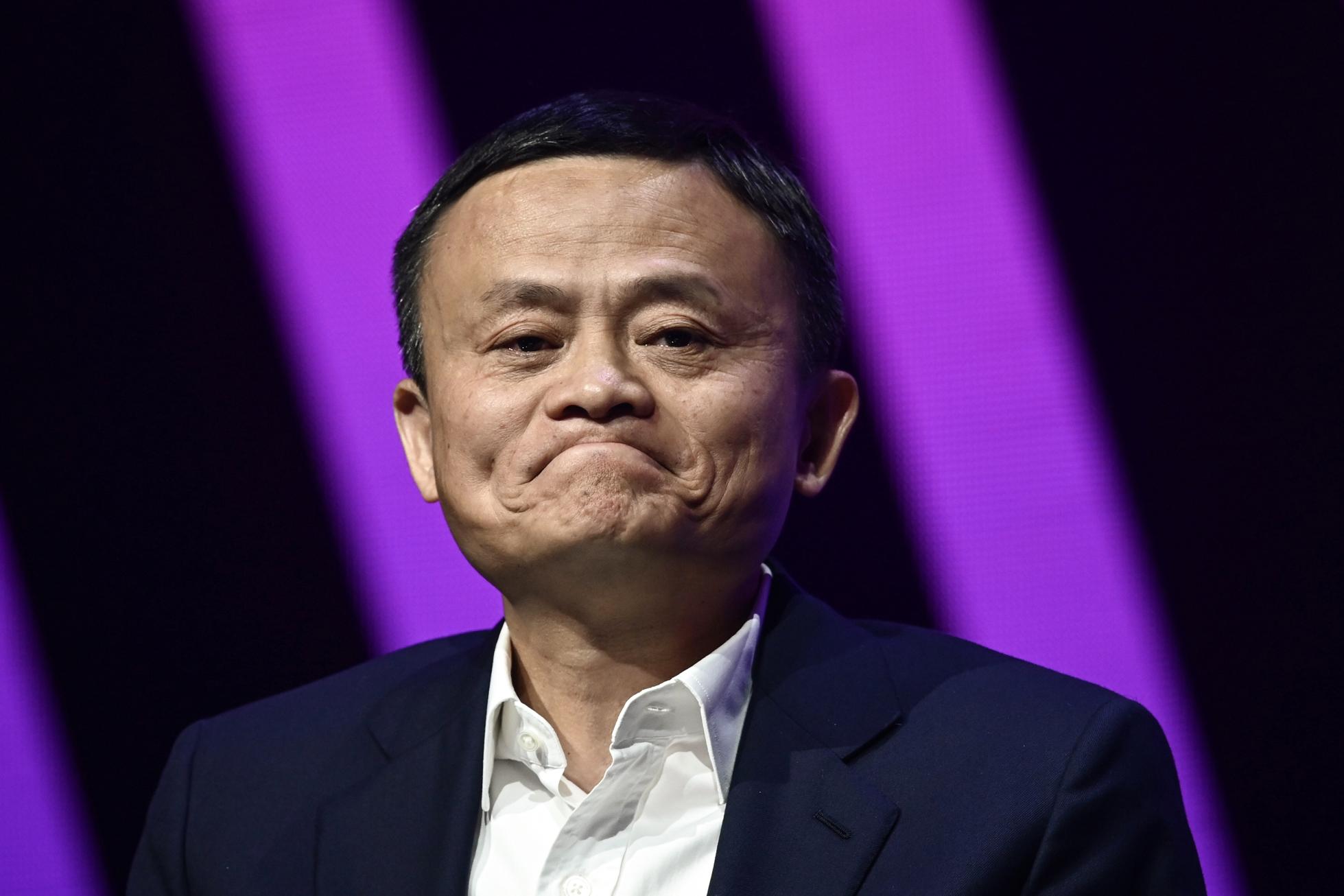
It’s both the most tantalizing and persistent question in global economics: Is China cooking the gross domestic product books?
Admittedly, it’s been asked myriad times over the last decade. Often, it’s when growth rates among China’s 23 provinces deviate from the national figure the Communist Party includes in quarterly press releases.
Even by these standards, though, China’s reported GDP acceleration to 4.8% in the first quarter from 4% the previous one inspired a bull market in head-scratching. It made no sense amid cascading property markets and the return of large-scale Covid-19 lockdowns.
The diplomatic way of explaining away the surge is that the fallout from President Xi Jinping’s “zero-Covid” policy has yet to feed into the numbers. Once it does, the thinking goes, it will become clear that Beijing’s 5.5% GDP goal this year is looking more and more unattainable.
Yet count Rhodium Group economist Logan Wright among the head-scratchers. His monitoring of data of property sector dynamics, industry output and everything from independent surveys to satellite data, has Wright thinking China’s current trajectory is “highly improbable.” In general, he told Bloomberg, “it starts to raise broader questions about the long-term credibility of the data.”
Economist Alicia García-Herrero at Natixis adds that “excellent” January and February “data on fixed-asset investment does not really match the poor electricity and cement data.” She suspects first-quarter GDP “offers a somewhat distorted picture of what is really happening on the ground.”
GDP gaining steam at the same time new homes sales dropped 29% in March alone has others struggling to connect the dots. There’s a “quite big gap between the real-estate resilience as shown in the data and on-the-ground feeling” in Asia’s biggest economy, notes Jacqueline Rong at BNP Paribas SA.
There’s an argument that measuring any large economy is hard. Imagine the Herculean task of officials sitting a Beijing room endeavoring to capture with a single metric the activities of 1.4 billion people at epically different levels of prosperity, poverty and grey-economy existence over 90 or 365 days.
Another is that Xi’s government is indeed trying. In December, the Central Commission for Comprehensively Deepening Reforms unveiled plans for new statistical guidelines. The strategy, the government said, is to “adhere to scientific methods to make statistics timely, accurate and reliable. We must prevent falsehood and resolutely curb ‘corruption in numbers.’”
Yet valid or not, the fact that many economists still question the veracity of Chinese data suggests Xi needs to work much harder to win the trust of global investors. Xi did Beijing’s credibility deficit no favors with his chaotic crackdowns on Big Tech and other key industries.
Since late 2020, Xi’s government has been sidelining billionaires who thought it was their role—and their right—to disrupt a state-enterprise-dominated economy. Starting with Alibaba Group founder Jack Ma, Beijing has been busily reminding tech founders that they don’t answer to shareholders; they answer to the Communist Party.

There’s no clear through-line between Xi’s crackdowns and unreliable GDP numbers. But the incentive structure that the party created—and Xi perpetuated this past decade—feeds distrust in headline data purporting to offer a credible snapshot of supply/demand dynamics.
Around the most populous country are dozens of ambitious local government officials hungry for national prominence. Nothing achieves it faster than turning in above-average GDP readings quarter after quarter. Officials need not cook the books, so to speak, to turn heads in Beijing. Just as often, they order up giant infrastructure projects, many of questionable utility, to pad growth pads.
Over time, the true cost of all the glitzy skylines, six-lane highways, cutting-edge international airports and stadiums, sprawling municipal centers, swanky shopping centers and picturesque promenades around the nation have become clear: lots of unproductive, debt-driven growth.
A key Xi edict when he took power in 2012 was to ensure China grows better, not just faster. On this front, smart people can argue how much Xi has, or hasn’t, achieved. But the fact many are still so quick to pivot to can-Chinese-GDP-data-be-trusted questions 10 years on doesn’t speak well of trust in Xi’s promised reform process.
Of course, this latest episode of data doubt could be short-lived. As economist Dong Chen at Pictet Wealth Management observes, data to come are likely to show that “growth momentum decelerated sharply in March. This is largely because of the deteriorating Covid situation and the Chinese government’s zero-Covid strategy, which is weighing heavily on economic activity, especially household consumption. There has been little improvement in the property sector either.”
The level of concern about the trajectory of GDP can be seen in the yuan’s sudden drop in currency markets. On the one hand, it’s a response to easing moves by the People’s Bank of China as the Federal Reserve tightens in Washington. But also a realization that as Chinese GDP slows, default risks in the No. 2 economy could soon return to global headlines.
If there’s a common thread it’s this: the Xi era has been bad for economic transparency. By constructing a bigger and murkier “great firewall” around information and curbing media freedom—including going after Hong Kong’s press—Xi made China more of a black box than it was a decade ago.
Ten years into a Xi era that aimed to transform China into a trusted market economy, there are still more questions than answers for the doubters.








